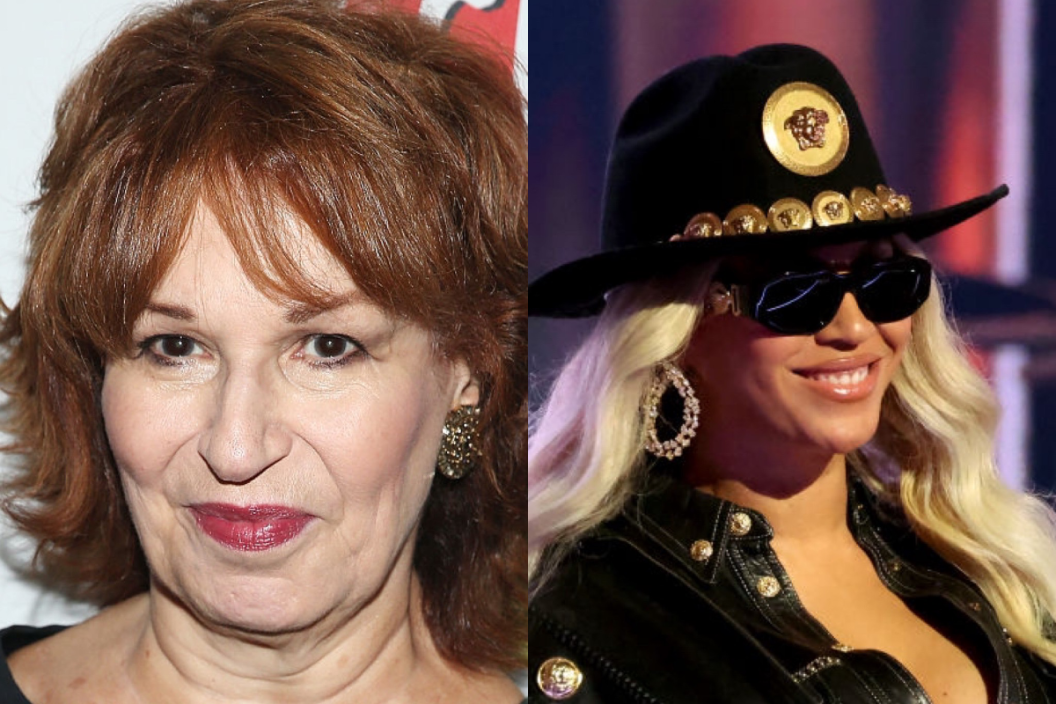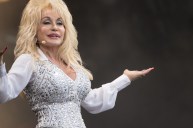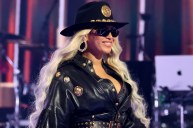Joy Behar threw some shade at music legend Dolly Parton, calling "Jolene" anti-feminist after Beyoncé's 2024 cover of the 1973 classic. "I like the subject of Beyoncé taking over the lyrics," the veteran View host said on the latest Behind the Table podcast. "Because the original thing with Dolly Parton is so, like, anti-feminist, worrying about some good-looking woman taking your man. If it's so easy to take your man, then take him."
Videos by Wide Open Country
In fairness, Joy Behar may be on to something with Bey's "Jolene" update. Beyoncé's take keeps the classic melody but sprinkles her own Bey-magic on the lyrics. While Parton pleads with Jolene, Bey warns her. "I'm beggin' of you, please don't take my man," Parton sang in the original. Meanwhile, Beyoncé croons, "I'm warning you, don't come for my man."
"Beyoncé says, if you take my man, you're going to be in a lot of trouble. I say, go ahead, take my man. Take him," Behar reasoned.
Joy Behar Isn't Alone in Approving of the New 'Jolene'
Naturally, Dolly Parton herself gave her stamp of approval to Beyoncé's rendition of "Jolene". She's featured in the song's introduction. "You know, that hussy with the good hair you sang about reminded me of someone I knew back when," Dolly says in Cowboy Carter's "Dolly P" preamble. "Except she has flaming locks of auburn hair. Bless her heart. Just a hair of a different color, but it hurts just the same."
The Country Queen is a proud member of the Beyhive. Recently, Parton marked the triumph of the album's first single, "Texas Hold 'Em". "I'm a big fan of Beyoncé and very excited that she's done a country album," Parton wrote on Instagram at the time. "So congratulations on your Billboard Hot Country number one single." Beyoncé's single "Texas Hold 'Em" premiered at the number one spot on the Hot Country chart.
Despite calling "Jolene" anti-feminist, Joy Behar was quick to take credit for Parton considering herself a feminist. Later in the podcast, Behar asserted that she was the one on the show who prompted Dolly Parton to acknowledge her feminism. She recounted an incident where Parton initially downplayed the idea of identifying as a feminist.
"I said, 'Well, do you believe that women should get the same amount of money as men?' She said, 'Yes.' I said, 'Then, you're a feminist.' She said, 'I guess I am,'" Behar recalled.




